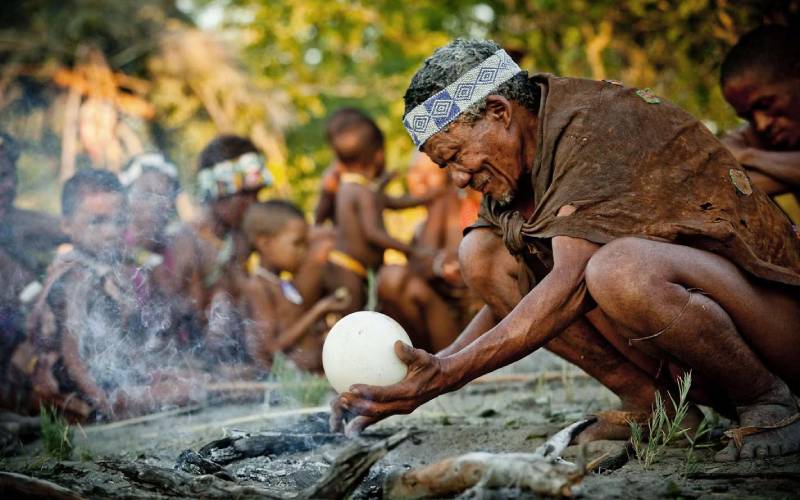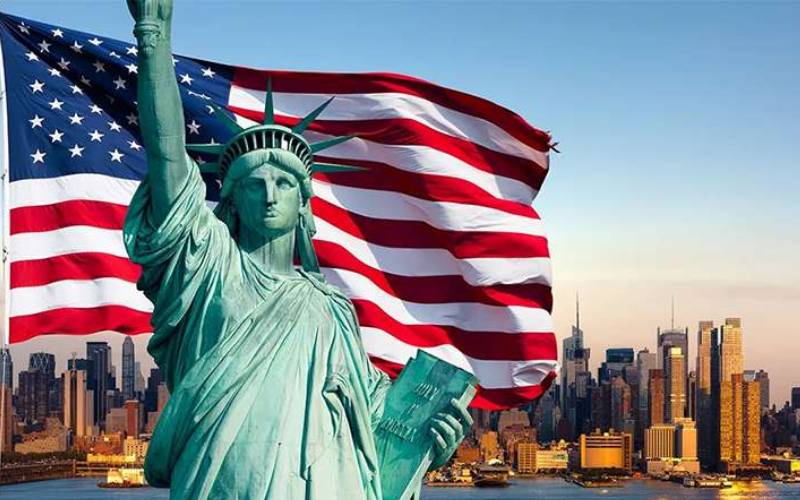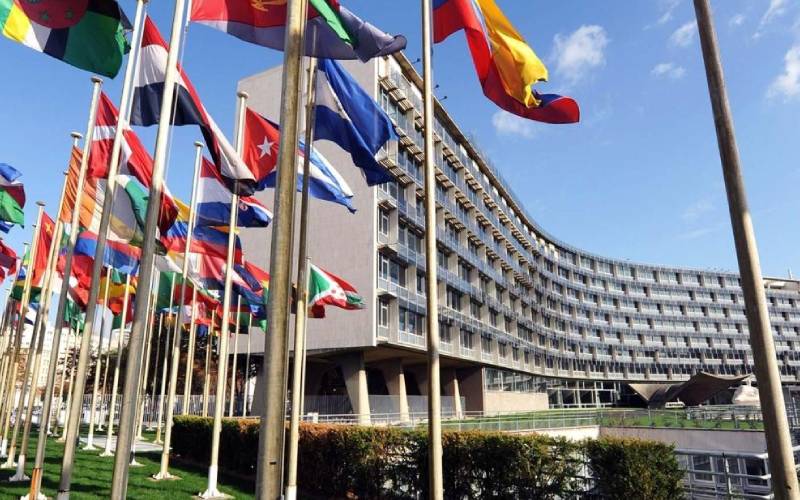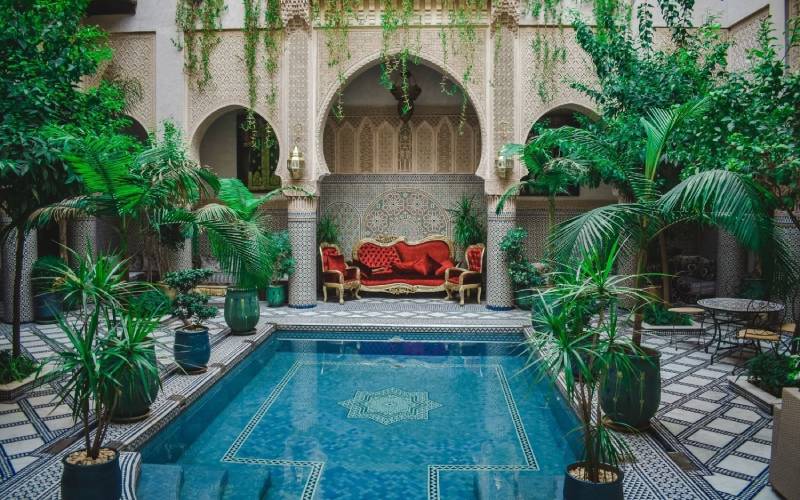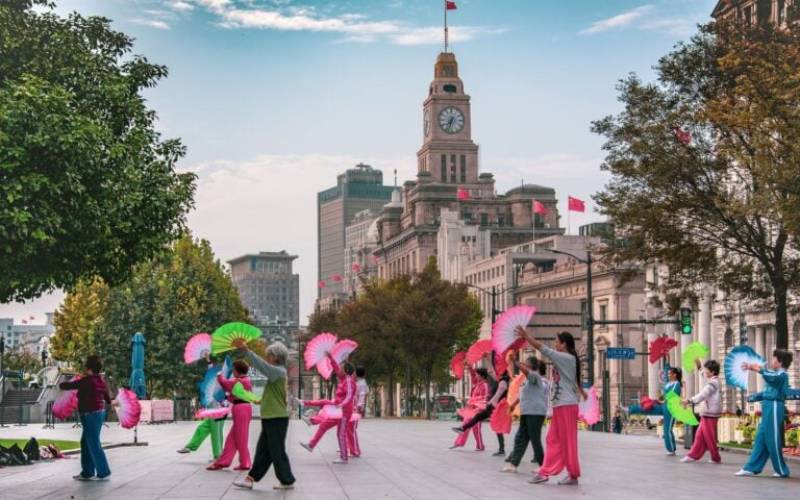By Wamaitha Nyoike
I have dined under the shadow of the Eiffel Tower, sailed the cobalt waters of the Aegean, and walked the cobbled streets of Kyoto during cherry blossom season. Yet, in all my travels, it is Africa's vast, untamed, and soul-stirring landscapes that continue to leave the most profound imprint on my spirit. It is a continent that cannot be visited; it must be experienced. And once you do, you do not return the same.
From the golden dunes of the Namib to the ancient alleys of Fez, from the rhythmic drumbeats of Mali to the electric streets of Lagos, Africa is not a monolith. It is a mosaic of people, languages, beliefs, and legacies. Each border crossed is not just a change in geography but a dive into a new philosophy of life.
In 2018, an estimated 35 million international travellers visited Africa for leisure, recreation, and holidays. This accounts for 51 per cent of the total arrivals. 10.5 million were involved in business and other professional activities, while over 21 million of the inbound tourists visited friends and family or travelled for health, religion, or other reasons.
In the first quarter of 2025, Africa's tourist arrivals increased by 9 per cent, which is 16 per cent more than the pre-COVID-19 pandemic tourist visits. Asia and the Pacific saw a 12 percent increase in the number of travellers, Europe and the Americas saw a two percent growth each.
What sets Africa apart for the elite traveller is not luxury, though that is found in abundance. It is not the wildlife alone, although the majesty of a lion’s gaze at dawn humbles even the most jaded among us. It is the culture. The living, breathing, pulsating culture that weaves itself into every handshake, every melody, every marketplace negotiation.
In the Sahelian city of Timbuktu, I discovered knowledge older than many European universities, preserved in ancient manuscripts tucked away in the city's desert libraries. In Ghana, during Homowo, the harvest festival, I danced barefoot with locals, covered in celebratory flour, laughter transcending all language barriers. In Ethiopia, I sipped buna in a coffee ceremony that felt more like a sacred rite than a simple beverage ritual. These are not moments found in glossy brochures; they are treasures discovered by the heart.
Africa teaches the elite traveller one essential truth: wealth is not always monetary. In the village of Kibuye near Lake Kivu in Rwanda, I watched children play with a ball of tightly wound banana leaves, their joy contagious, their eyes bright. Contrast this with the silent, antiseptic lounges of first-class travel, where people have everything but smile a little.
Africa embraces paradox. Cities like Cape Town and Nairobi are marvels of cosmopolitan progress, yet they sit adjacent to communities where oral storytelling still reigns as the dominant form of historical record. And herein lies Africa’s magic. It does not discard the past in pursuit of the future; it braids them together with dignity.
We often talk about sustainability, going green, and slowing down. Yet African cultures have embodied these principles for generations. There is wisdom in their time-honoured ways. For instance, the Maasai’s intimate relationship with their cattle and land, the Berbers' adaptation to desert living, and the Zulu reverence for ancestry and balance. To travel here is not merely to witness culture; it is to be gently schooled in the art of living with intention.
It is no wonder that so many Diasporas and global nomads are making their way home, even if home was never theirs by birth, only by spirit. Africa, I’ve found, does not discriminate in her embrace. She accepts all who come with humility.
To my fellow elite travellers: if you seek only curated luxury and sterile perfection, Africa may frustrate you. But if you desire raw beauty, untamed elegance, and the kind of authenticity that cannot be faked, come with open arms and an open itinerary.
Engage with Africa’s storytellers, thinkers, artists, and its gentle sages in the mountains and savannas. Let the continent remind you that experience and true transformation are richer than any five-star suite. In a world increasingly homogenised by globalisation, Africa remains gloriously diverse. Its borders contain not just countries, but entire universes. And within them, we find fragments of ourselves—older, freer, and more connected.
Africa changed me. Not in a dramatic cinematic sense, but in the subtle reshaping of perspective, the softening of ego, the reawakening of wonder. In conclusion, travel is not about where you go; it is about who you become in the going. And there is no becoming quite like that which happens under the African sun.
